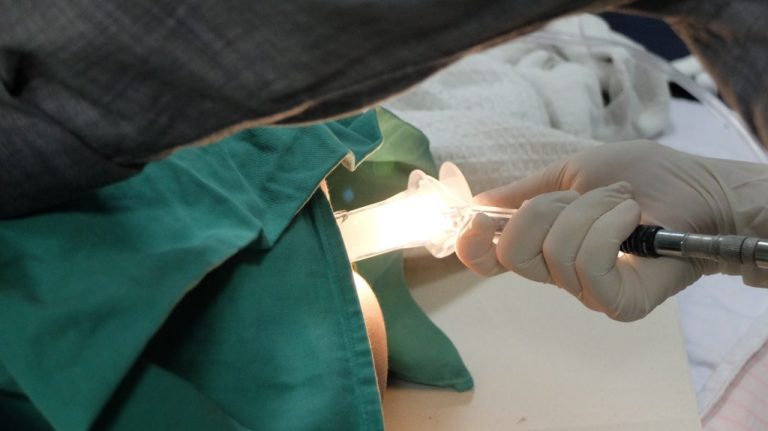
Are you trying to break free from addiction? You’re not alone. Millions of Americans face this challenge every single day. The good news is that recovery is possible, and it all begins with one critical step: detoxification.
What Makes Detox Essential?
When someone uses drugs or alcohol regularly, their body becomes dependent on these substances. It’s like teaching your brain a new normal. Your system adjusts, adapts, and eventually needs these chemicals just to function properly.
Detox acts as a reset button for your body. But here’s the catch. This process isn’t just about waiting for substances to leave your system. It’s way more complex than that.
Your brain and organs have to relearn how to work without drugs or alcohol. Imagine trying to ride a bike after someone suddenly changes all the gears. That’s what your body experiences during withdrawal. Everything feels off. Nothing works quite right. And that’s exactly why professional help matters so much during this phase.
The Dangers of Going It Alone
“I’ll just tough it out at home.” Sound familiar? This thought crosses many people’s minds. After all, how hard could it be to stop using?
Here’s what most folks don’t realize. Withdrawal can be downright dangerous. We’re talking about seizures, hallucinations, and heart problems. It’s not exactly something you want to face alone on your bathroom floor.
Take alcohol withdrawal, for instance. It’s one of the most dangerous types. Some people experience something called delirium tremens. Your body temperature spikes. You might see things that aren’t there. Your heart races uncontrollably. Without medical help, this condition can kill.
Opioid withdrawal brings its own set of challenges. While rarely fatal, the symptoms feel unbearable. There will be severe pain, uncontrollable shaking, and overwhelming anxiety. Many people relapse simply because they can’t handle the intensity. Who could blame them?
What Happens During Professional Detox?
So, what’s different about professional detox? Everything, really.
First off, you’re never alone. Medical staff watch over you 24/7. They check your blood pressure, monitor your heart rate, and ensure you stay hydrated. These are small things, but these small things save lives.
Comfort matters too. Detox facilities understand that withdrawal is unpleasant. They do everything possible to ease your symptoms. Sometimes that means medication. Other times it’s as simple as a cool compress or a warm blanket. Every bit helps when you’re fighting through the worst of it.
The timeline? Well, that depends. Some people feel better after 72 hours. Others need ten days or more. Your body sets the pace. The medical team simply ensures you get there safely.
Building Your Recovery Foundation
Detox isn’t recovery. It’s preparation for recovery. Think of it as clearing the fog so you can finally see the path ahead.
Once your body stabilizes, the real work begins. Therapy helps you understand why you used in the first place. Group sessions connect you with others who get it. New coping skills replace old habits.
If you skip detox, you’ll struggle to focus on any of this important work. Cravings will dominate every therapy session. Physical discomfort will distract from emotional healing. That’s why this first step matters so much.
Recovery is absolutely possible. But it starts with doing detox right. Choose safety and support over suffering alone.



